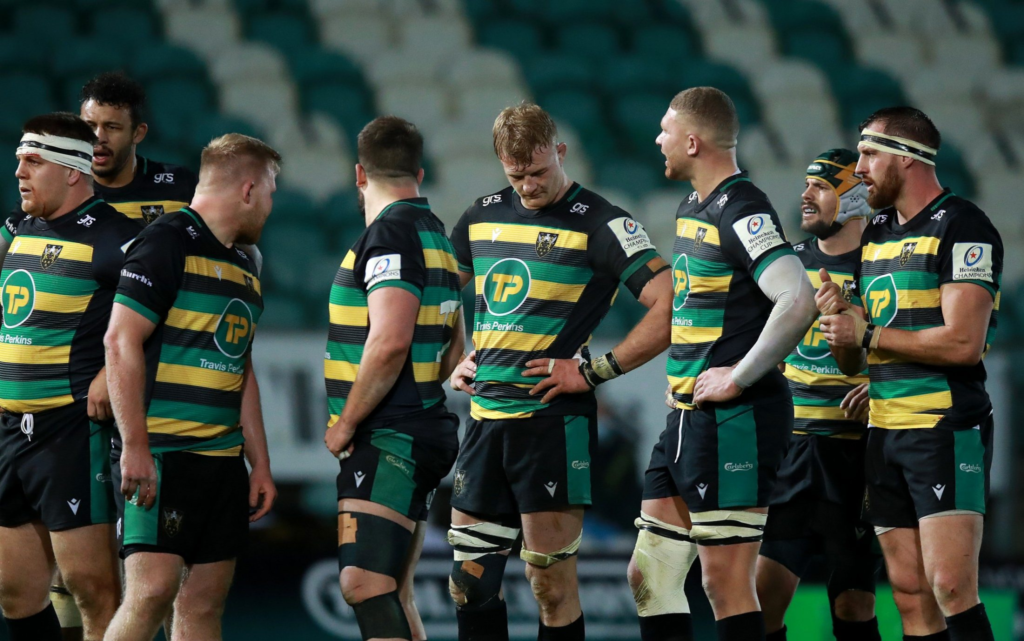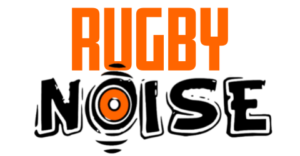Though many clubs exist in the Gallagher Premiership – the top flight of English rugby – few compare in terms of rich history and success to Northampton Rugby Football Club or as it is more commonly known, Northampton Saints Rugby club. The Saints are arguably synonymous with the growth and development of rugby in England and have been a mainstay in the sport’s history since the late 1800s. The club has not only stood the test of time but also managed to thrive regardless of the numerous challenges it has faced over the years. Key to its survival has been its loyal supporters who have stuck with the club through thick and thin, its players who don its colors with admirable dedication, and its ownership which has ensured that the club remains true to itself throughout the ages.
Who owns Northampton Saints Rugby Club? Northampton Saints Rugby Club is owned by a Public Limited Company (PLC) whose shareholding consists of renowned businessman Keith Barwell, a small group of investors, and hundreds of club members. Barwell is the majority shareholder while the latter two factions own the minority shares. The club is one of a few in the top flight that has managed to operate with a single majority shareholder since the adoption of professionalism in the mid-1990s.

Early History
Northampton Saints Rugby Club was founded as the Northampton St. James rugby club in 1880 by former St. James Church clergyman and curate Rev. Samuel Wathen Wigg. Wigg must have strongly believed in the notion “an idle mind is the devil’s workshop” as his main intention when forming the club was to encourage the younger members of his parish to engage in constructive activities.
Rugby was increasingly becoming a popular sport at the time despite the fact that it was associated with unruly conduct and hooliganism. Its popularity made it the ideal vehicle through which Wigg could inspire the young parish members to become gentlemen who would be respectable and contribute to society. Wigg hailed from a house known as “Mortimers” from an adjacent village which gave the club its “Saints” and “Jimmies” nicknames.
Northampton quickly grew into one of most notable rugby union teams in England and went on to produce a good number of the country’s top players, including some captains of England’s national rugby union team from the 1920s through to the late 1970s and early 1980s.
The club’s reputation, which had allowed it to attract top players for most of the 20th century, however, began to dwindle. The decline was attributed to the club’s old guard who had refused to adapt to the changes in the sport prompting a group of former players to oust them in 1988 in what came to be known as the “Saints Revolution”.
The radical changes quickly bore fruit as the club earned promotion to the top flight just two short years later. The club made it to the Pilkington Cup Final in 1991 but lost to a more seasoned Harlequins side. The final is viewed by many as the club’s coming out party as it went on to become a mainstay in the top flight despite being briefly relegated to the second tier at the end of their 1994-95 campaign.
Adapting to the Professional Era
When England’s Rugby Football Union (RFU) finally allowed professionalism in 1995, many rugby clubs including the Saints faced serious financial challenges and were in danger of being wound up as a result of the debt they had accumulated in the years leading up to that point.
In order to encourage investment, the club reconfigured into a private limited company the same year. The move encouraged Keith Barwell, a lifelong Saints fan who had made his fortune in the newspaper and grain farming industries in the 1970s and 1970s, to table an offer of £1 million to the club in 1996.
The offer was quickly accepted by the club’s membership and allocated two-thirds of the club’s shares to Barwell. Looking to afford the club more financial flexibility, Barwell invested around £7.5 million over the next few years, which increased his shareholding and the club’s overall performance as it allowed the club to compete for the top players who were available at the time.
Barwell’s late son briefly took over as chairman of the club from his father in 2011 until his tragic passing in 2013. The Barwell family currently maintains its control of the club through Barwell’s daughter, Ella Bevan.
Northampton later transitioned into a public limited company in 2000 allowing further investment into the club. The added financial stability boded for the club as they went on to win their first major trophy – the European Cup – by narrowly edging Irish side Munster 9-8.
Rising from the Ashes
The following seasons saw the Saints qualify for the Heineken Cup and make it to the Powergen Cup Final. Inconsistent leadership put the club at risk of relegation on more than one occasion in the mid-2000s. Northampton nevertheless managed to steady the ship and qualified to compete in the Heineken Cup in their 2006-07 campaign.
Their bad habits finally caught up with them in 2007 resulting in their relegation from the Premiership to the National Division One (now RFU Championship). The club however quickly learned from its mistakes and entered into a rebuild that brought on some much-needed change in coaching.
Northampton then went unbeaten in 30 games to regain their place in the Premiership in early 2008. The club has since remained in the top-flight and gone on to have arguably its most successful era to date.
Accolades and Notable Achievements
Since their resurgence in their 2007-08 season, the Saints have accumulated an impressive trophy haul that includes the EDF Energy Trophy (2007-08), two European Challenge Cups (2008-09, 2013-14), the Anglo-Welsh Cup (2009-10), the Premiership Rugby Cup (2018-19) and the prestigious Premiership Rugby trophy (2013-14).

The Saints also managed to win a number of notable major honors in the 1990s and early 2000s including two Selkirk Sevens awards (1991, 1993), the Middlesex Sevens title (2003), and three RFU Championship trophies (1990, 1996, 2008).
To date, Northampton remains one of the top clubs in the Premiership. Their rivalries with Leicester Tigers, Saracens, and Wasps are among the most beloved in the league, particularly the East Midlands Derby with the former.
